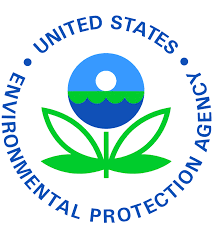Chemycal has been acquired by 3E
Learn MoreChemycal has been acquired by 3E
Learn MoreDiscover how Chemycal PRO helps you boosting your regulatory monitoring:

WASHINGTON (April 29, 2020) — The U.S. Environmental Protection Agency (EPA) is seeking applications from states, federally-recognized tribes, Native American organizations, and non-government organizations to provide technical support for the National Tribal Toxics Council (NTTC). The NTTC works collaboratively with EPA to represent tribal interests in the development and implementation of chemical risk assessment, risk management, and pollution prevention programs.
“Tribal governments are valued partners in our joint work of protecting public health and the environment,” said EPA Office of Chemical Safety and Pollution Prevention Assistant Administrator Alexandra Dapolito Dunn. “EPA is proud of our partnership with NTTC and our ability to help sustain and support its mission to raise awareness of risk management and pollution prevention issues in Indian country.”
“Our investment in strengthening support for the NTTC is an indication of EPA’s strong commitment to collaborating effectively with our tribal partners,” said EPA Assistant Administrator for International and Tribal Affairs Chad McIntosh.
EPA anticipates awarding one cooperative agreement for approximately $800,000 over a five-year period that will focus on the following activities:
Applications are due by June 15, 2020. Additional information is available on www.grants.gov, under Funding Opportunity Announcement EPA-HQ-OPPT-2020-003.
SOURCE: US EPA Newsletter (29.4.2020)
2013 © MyChemicalMonitoring. ALL Rights Reserved. About Us | Terms and Conditions